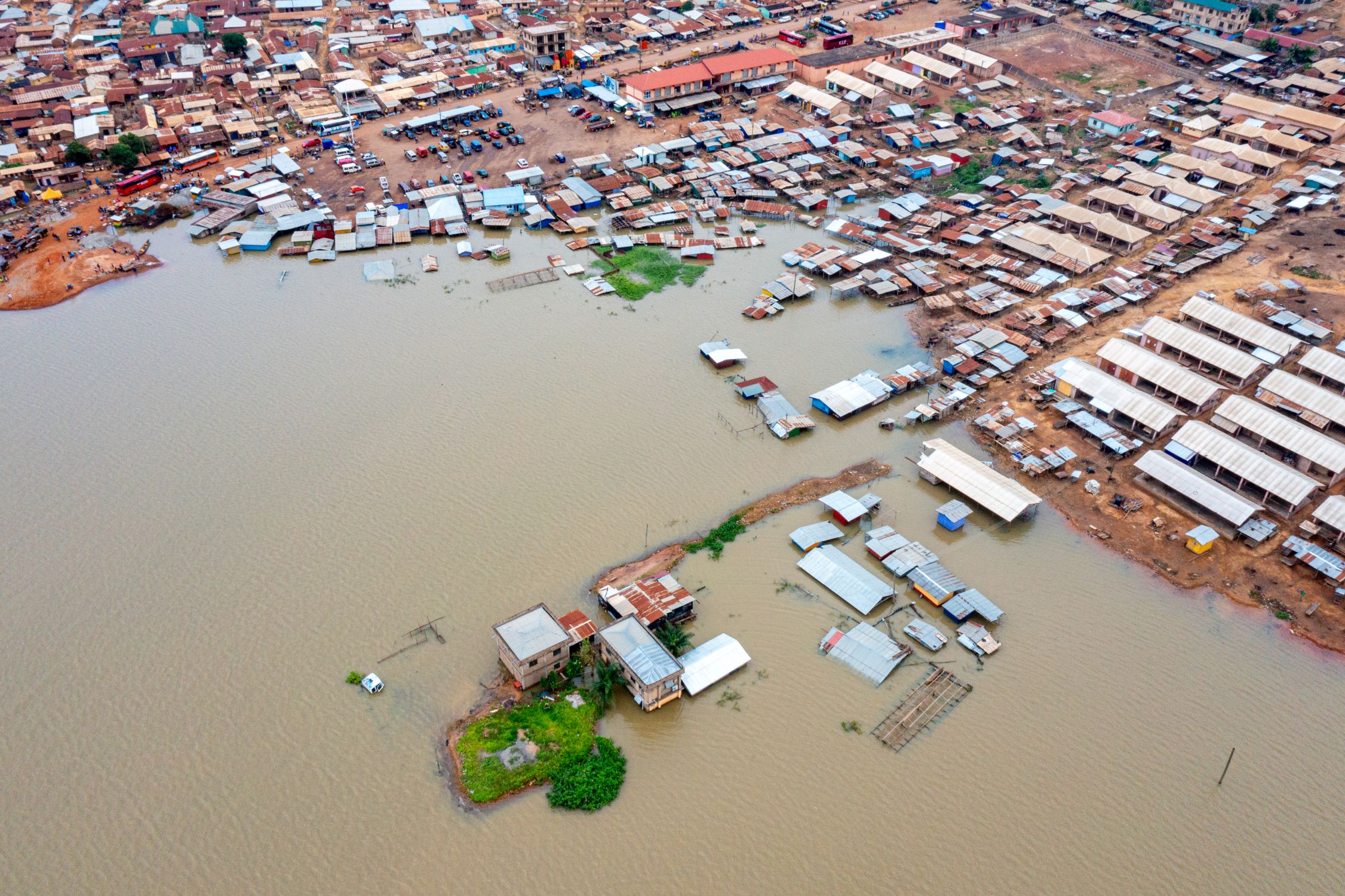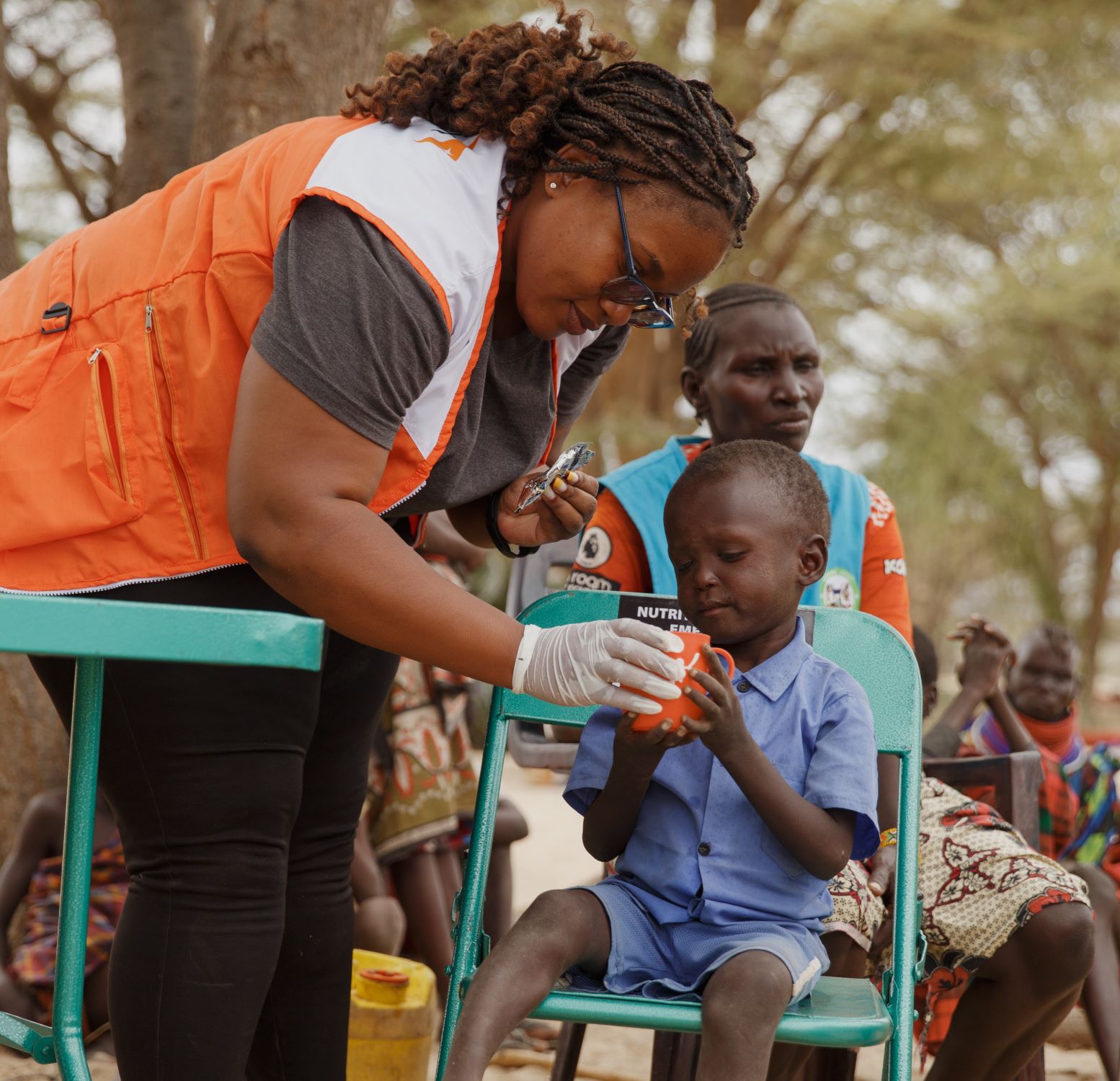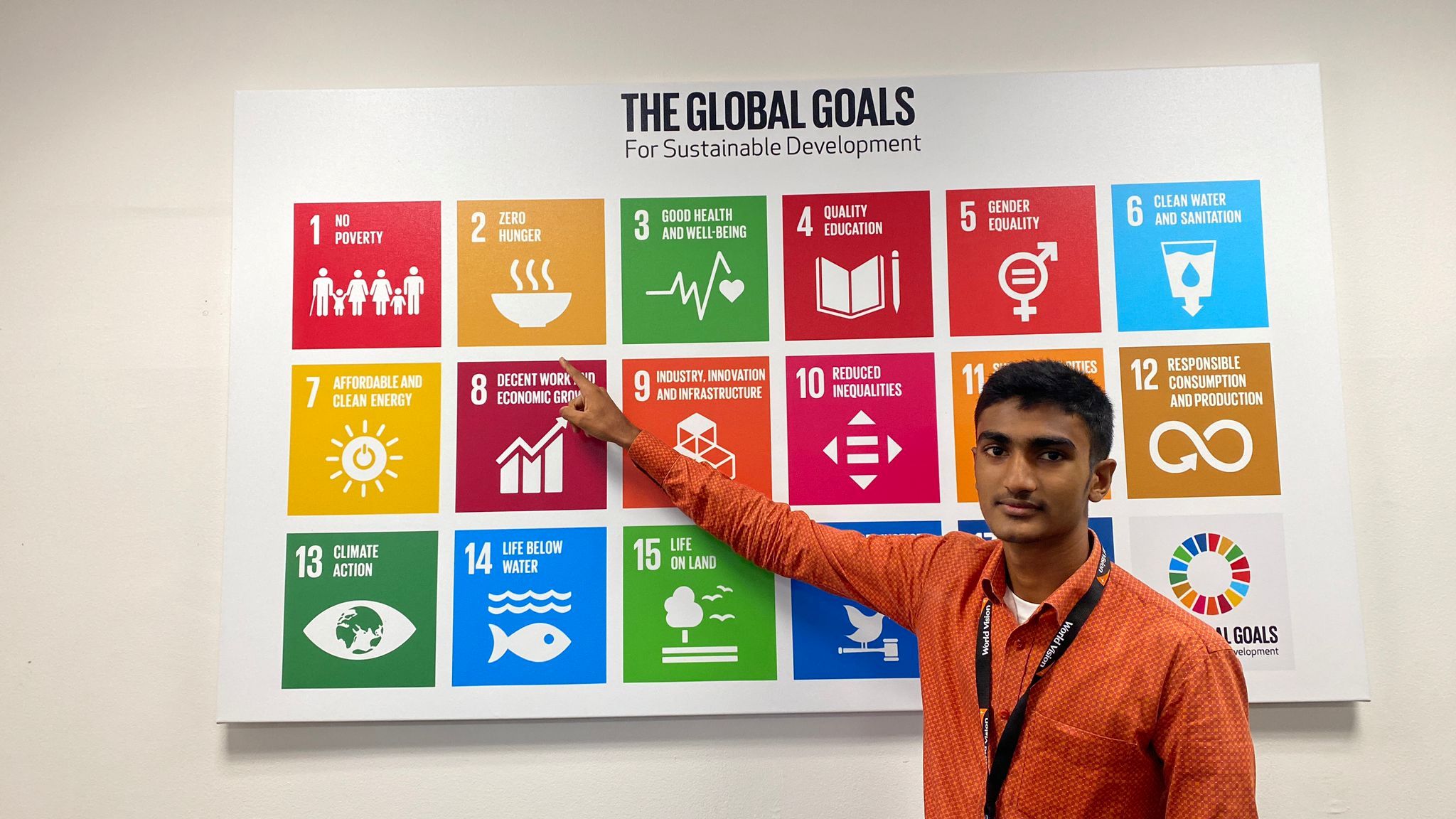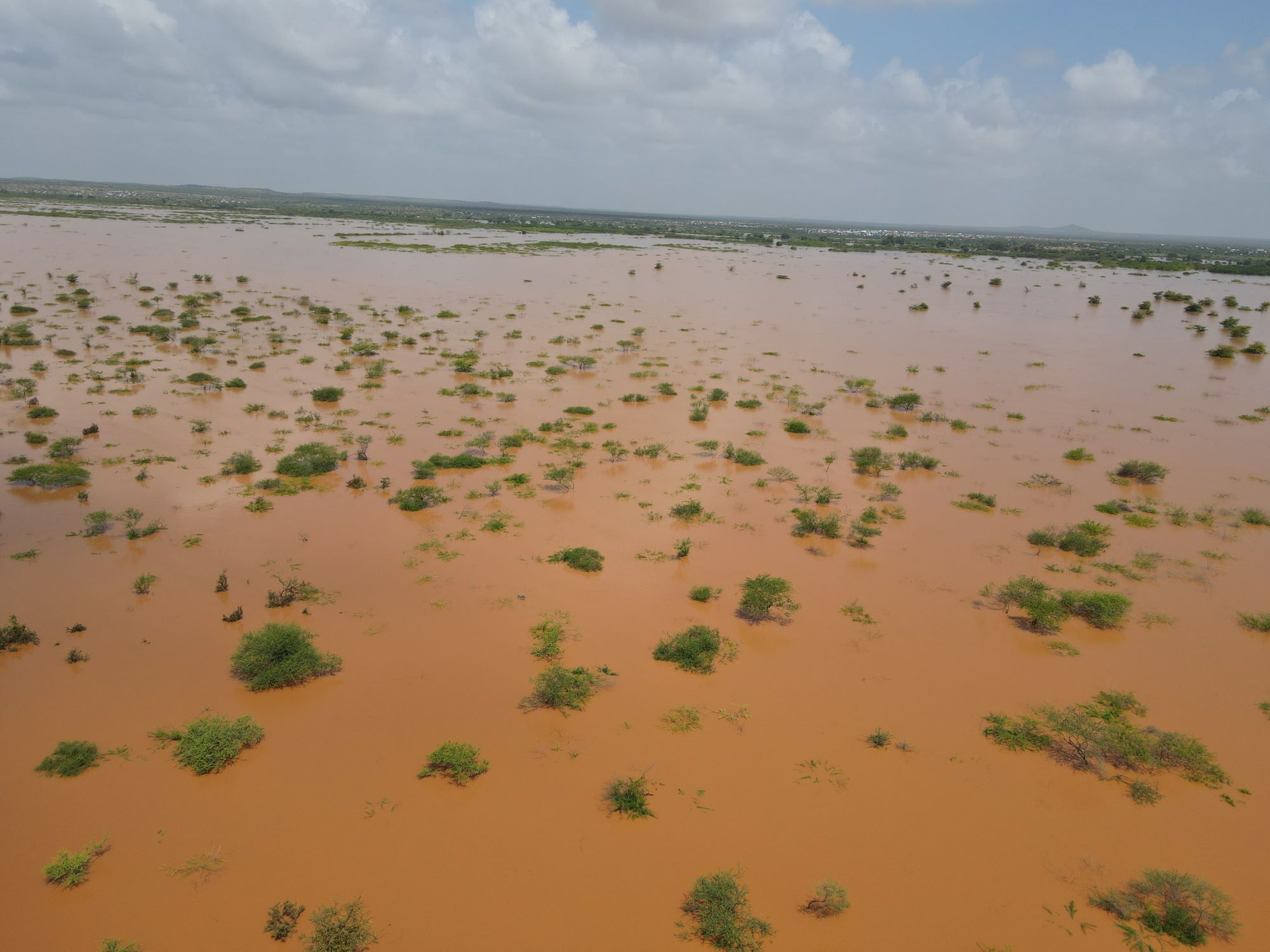
Act now to prevent disasters
“The crops are catching fire every year”
Children must be included
In a world facing the dual challenges of climate change and rising conflict, the plight of children often goes unheard. Children now make up over a quarter of the world’s population (26%) and World Vision UK is urging authorities to include children in policies and decisions – acknowledging them as a vulnerable group akin to other marginalised populations.
Children like Abdulwahid, 15, from Iraq. He says, “Because of climate change it’s getting warmer and the temperature is reaching 55°C. The crops are catching fire every year. Our land has caught fire this year also. These fires are happening every year. They affect us and we have lost our source of livelihood. I wish to return back and live like we used to. And I wish the temperatures go down and that there will be no more fires. I wish world leaders would pay attention to climate change because it affects our lives and our livelihoods.”
Fola Komolafe, World Vision UK CEO, says that the current year is on track to be the warmest on record, with climate change visibly exacerbating violent conflict and hunger crises. Despite being disproportionately affected, children remain excluded from decision-making processes. Komolafe is urging government leaders and global authorities related to climate change to prioritise the resilience of vulnerable communities, focusing on climate change adaptation, and ensuring fulfilment of climate finance commitments.
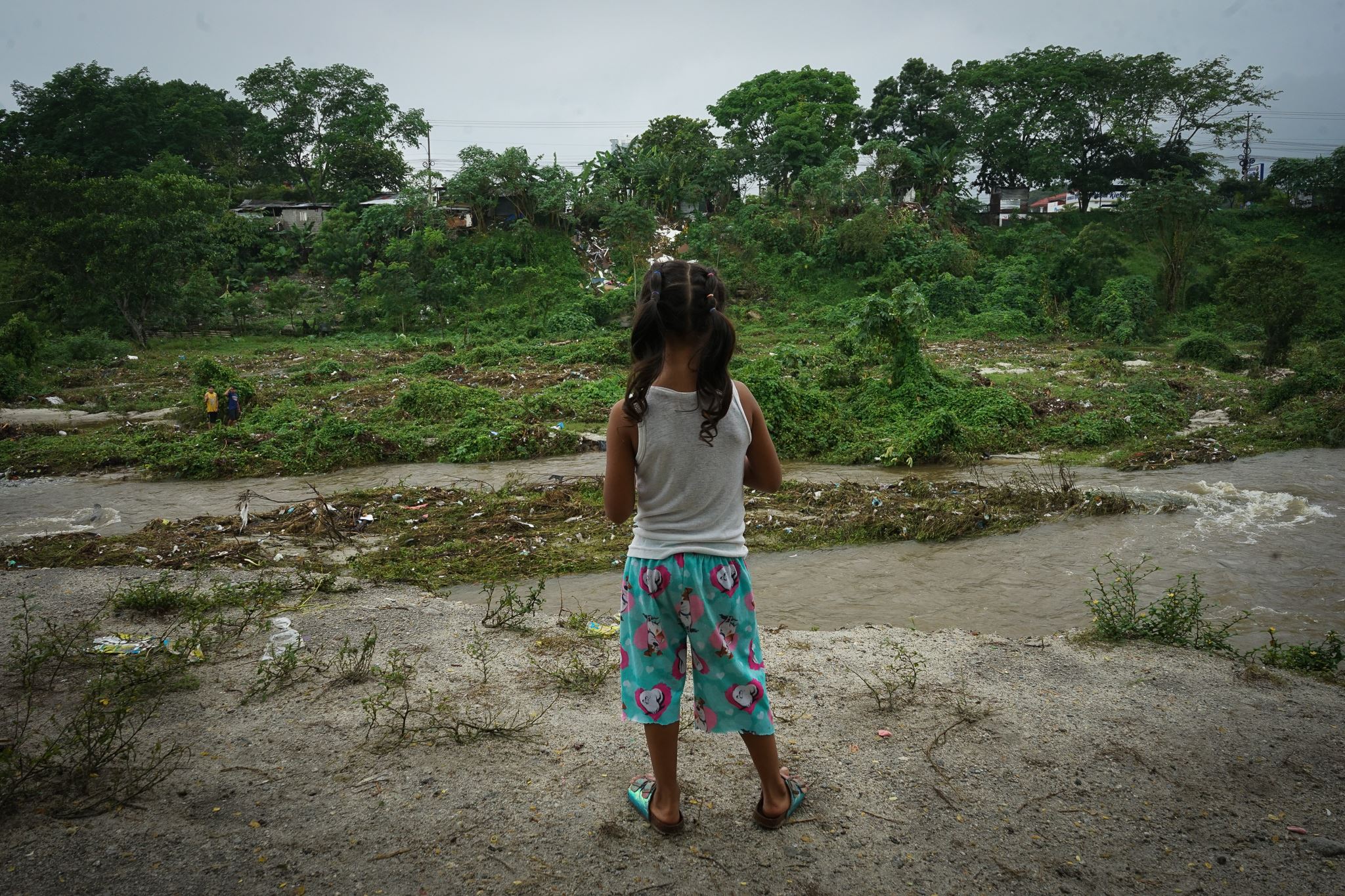
World Vision’s latest report, released ahead of COP28 Rising storms: Climate impacts on conflict, community tensions, and hunger, sheds light on the opinions of people living in nine low-and middle-income countries, revealing the complex interplay between climate change, conflict, hunger, and displacement. An overwhelming 86% of respondents in these communities are already experiencing various climate hazards, with more than 60% believing that climate change is worsening conflict, especially through water shortages, corrupt management of resources, and displacement.
Children are impacted by climate change, like Nan, 15, from Myanmar. Two floods in one year proved to be devastating for her and her friends. She explains, “This year it flooded twice in my village due to heavy rains. The floods lasted for one week and we could not go to school. Some houses were damaged by the floods and people had to move to other places. The crops we planted were all destroyed by the floods. As a result, my parents could not support us like they used to and life became difficult. They had to borrow money. Some of my friends had to drop out of school and help their parents by working. After the floods the drinking water became dirty and we got sick when we drank it.”
The domino effect of climate change
The report indicates that climate change worsens economic situations for 80% of community members, with almost 60% agreeing that it increases the risk of hunger. It also exacerbates social tensions, leading to conflicts fuelled by land and water disputes.
The report underlines the domino effect of climate change, prompting negative coping mechanisms that further degrade the environment. Deforestation increases, driven by the need for more land to grow food and economic activities like mining. Mary Njeri, World Vision’s Global Hunger Response Director, stresses the urgent need for wealthier countries to fulfil funding promises for climate change adaptation, emphasising the responsibility of every nation to limit emissions and keep global temperature rises below 1.5˚C.
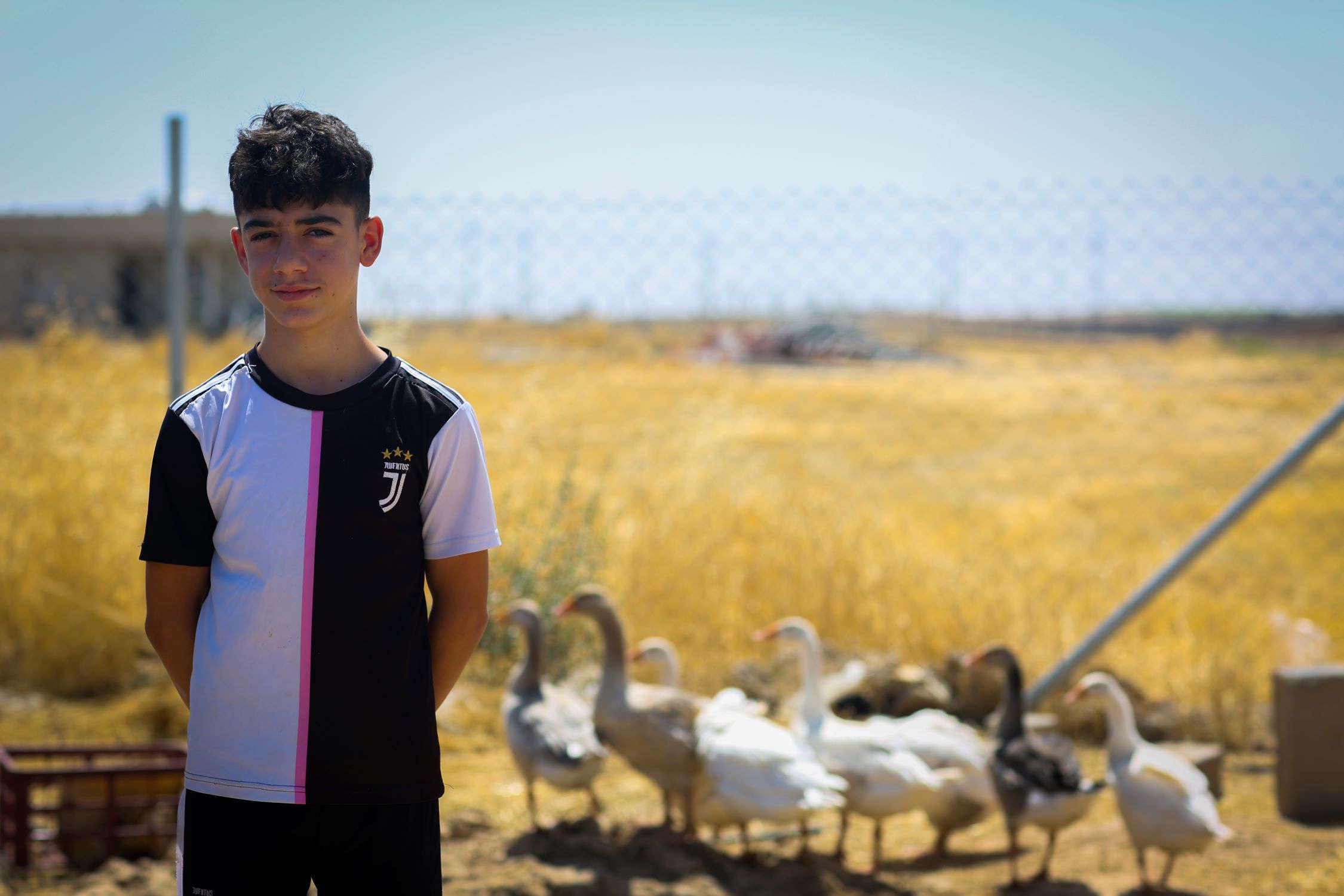
Urgent action is needed
The rising storms of climate change, conflict, and hunger demand a collective, humanitarian response. World Vision calls for:
- Child advocacy
- Nature-based solutions, and
- International cooperation
This stands as a beacon for addressing the urgent challenges that threaten the wellbeing of our planet and its most vulnerable inhabitants.
The time for action is now, and it begins with hearing the voices of those often left unheard – the children who will inherit the consequences of our decisions.
Key statistics
- 86% of respondents thought climate change poses a serious issue for their communities and 83% thought climate change poses a serious risk to them and their families.
- The most common concerns were around drought (57%), rainfall pattern changes (48%) and heatwaves (42%).
- 60% thought climate change was worsening conflict in their communities now.
- When asked the cause of environment and climate-related conflict in their community, 38% said it was due to water shortages. Corruption (20%) and displacement (17%) were the next most common answers.
- Respondents agreed almost universally (99%) that climate change leads to displacement either from or to their community.
- 82% of respondents agreed with the statement ‘climate change worsens my economic situation’.
- When asked how they were negatively affected by climate change, 72% respondents mentioned livelihood related impacts including loss of livelihoods, reduced pastureland, crop failure and difficulty accessing water/food.
- Over half (51%) of survey respondents reported that reduced access to food and water was a key impact of climate hazards, while 57% completely agreed that climate change increased the risk of hunger/food insecurity.
About the report
The research used field data from a survey of 2,716 people in nine countries where World Vision works to show that climate-linked conflict, displacement, and food insecurity are already happening, and in a wider range of contexts than commonly thought.
Countries were selected for inclusion based on capacity, relevant exposure to climate, conflict, and hunger, and geographic spread. Each country identified a specific region within their country (or region, in the case of the Dry Corridor in Central America). Findings should thus not be generalised to the countries but only to the areas of interest, which were as follows: Centre Est, a province in Burkina Faso; Haut Katanga and Lualaba in the Democratic Republic of Congo; Anbar in Iraq; Bougainville in Papua New Guinea, and Puttalam in Sri Lanka.
Findings from a range of urban, rural, and indigenous communities in El Salvador, Guatemala, Honduras, and Nicaragua are grouped as the Dry Corridor. Initial scoping and development of the research methodology took place in June and July 2023, ahead of field data collection in August and September 2023.
World Vision is saying ENOUGH
Children are bearing the brunt of the hunger crisis, fuelled by conflicts and climate change. Unable to provide for their children, parents must face impossible choices where children miss out on an education to partake in dangerous work or are married off for the dowry, just to feed their family.
Conflict and climate change mean that the scale of the current hunger crisis is now so huge, World Vision is saying ENOUGH in a new campaign.
We believe there is enough food for everyone. And we believe every child, no matter where they live, deserves to have the nutritious food they need to experience fullness of life.

